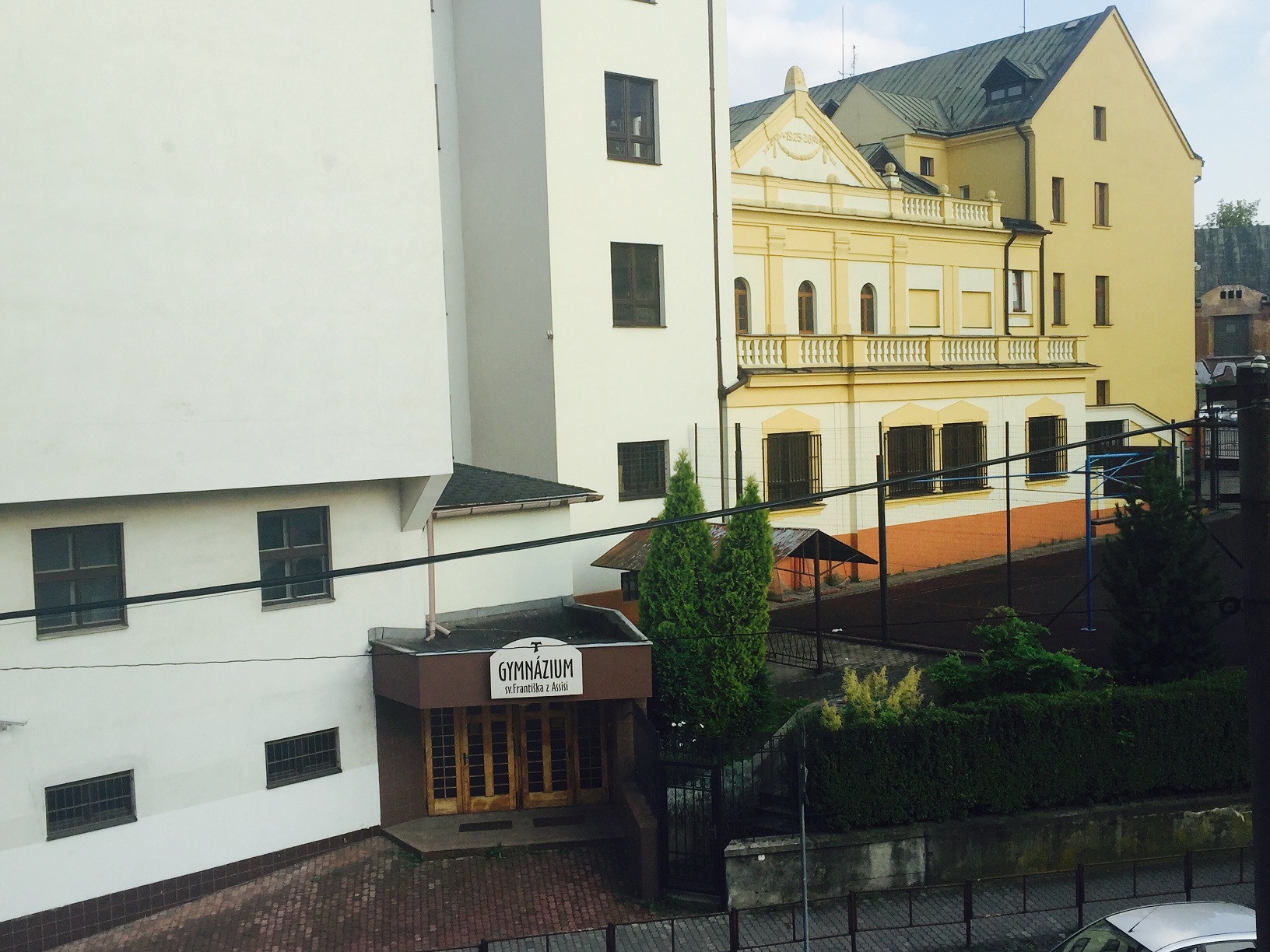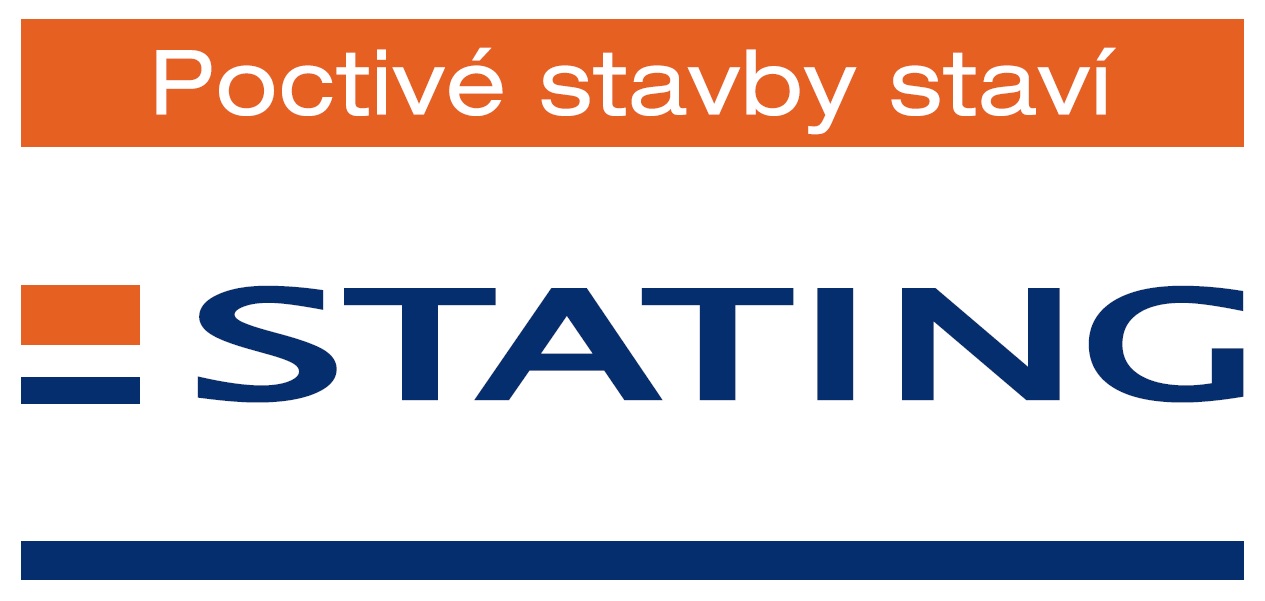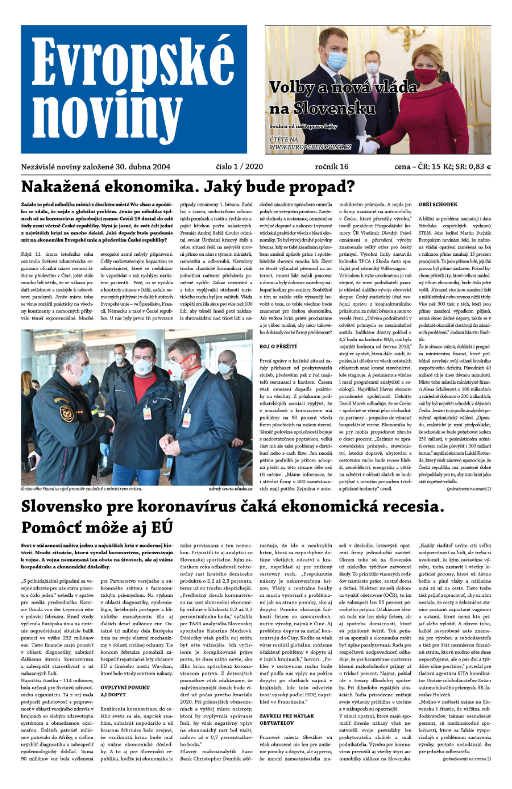
Massive Demand for Education Subsidies

Lifelong education, higher quality and efficiency of education processes, emphasis on creativity, and promotion of active citizenship. These are, in short, the four main objectives that are currently being promoted by the European Union in the area of education. A number of programmes have been serving this purpose. These focus primarily on financial assistance to specific projects and institutions in the individual EU member states and also on various projects aimed at making the whole system work better.
Although the responsibility for education funding lies primarily with the individual member states, the European funding is, at least in the Czech Republic, also very important, contributing additional billions of crowns to “soft” as well as “hard” projects in this area. In the last programming period, this area was mostly supported from regional operational programmes and from the Operational Programme Education for Competitiveness (ECOP). While the ROPs provided funds for modernisation of premises and purchase of equipment for primary and secondary schools, the ECOP supported innovations at universities and projects combining education with practice. OP Research and Development for Innovation was another important programme, providing CZK 36 billion for the development of 48 science centres, e.g. CEITEC in Brno and ELI in central Bohemia. However, some of the science centres may have problems with sustainability in the future. “Their operation is estimated to require another CZK 24.4 billion from the state budget during their period of sustainability. Five out of eleven centres under scrutiny are at risk of failing to meet the sustainability conditions,” says the report of the Supreme Audit Office.
Naturally, European subsidies from structural funds may be utilised in the current programming period as well. In this case, the Operational Programme Research, Development and Education is of crucial importance, as it could potentially provide CZK 93 billion worth of funding until 2020. There is currently a large number of calls aimed at a broad range of projects. The largest volume of money will flow into development of human resources for science, research and innovations. The OP RDE, on the hand, does not include calls aimed at purchasing new equipment and modernisation of school premises. These projects should be supported by the Integrated Regional Programme which, in this period, follows up on the cancelled ROPs. Recently, two new calls have been opened, allocating CZK 1.5 billion for the secondary and higher vocational schools infrastructure. There will be new classrooms built and equipment purchased with the aim of improving teaching of natural sciences and technical and craft subjects. First projects planning to use the European money from IROP are already shaping up. There are plans for reconstruction of kindergartens, primary and secondary schools in Brno, Plzeň, Ostrava and other cities. Modernisation of computer classrooms and construction of new sports grounds are also planned.
Demand for subsidies has long been high. In many calls, the demand surpasses the allocated funding. For example, 240 applications have been submitted in a call concerning pre-school education, with the total amount of funding requested exceeding CZK 3 billion.
Filip Appl
- Podrobnosti:
- Kategorie: Publicistika
- Zveřejněno 4. 7. 2016 11:52
Inzerce v Evropských novinách
Spolupracujte s námi a inzerujte v tištěném i webovém vydání.
Více info zde.
Rozhovory
-
Ochrana zvířat ve Francii
O ochraně zvířat ve Francii jsme si povídali s tiskovou zástupkyní organizace La Spa Muriel...
-
„Být Michalákovi občany Spojených států, tak jsou kluci už dávno ve své vlasti,“
tvrdí v rozhovoru o českých dětech odebraných v Norsku rodičům europoslanec Tomáš Zdechovský ...
-
„Evropská unie měla dávno přestat řešit hlouposti jako jednotné zásuvky a měla se zabývat problémem svojí bezpečnosti. To zanedbala,“ tvrdí bývalý náčelník Vojenské zpravodajské služby ČR, bezpečnostní expert Andor Šándor
(Evropské noviny - 6/2015) K evropským břehům míří plavidla plná lidí z Afriky, azyl na starém...

Evropské instituce
-
Evropský účetní dvůr
Zatímco v minulých číslech Evropských novin jsme se zaměřili hned na dvě významné soudní instituce, tentokrát se v naší pravidelné rubrice podíváme do světa financí. V našem hledáčku je totiž...

